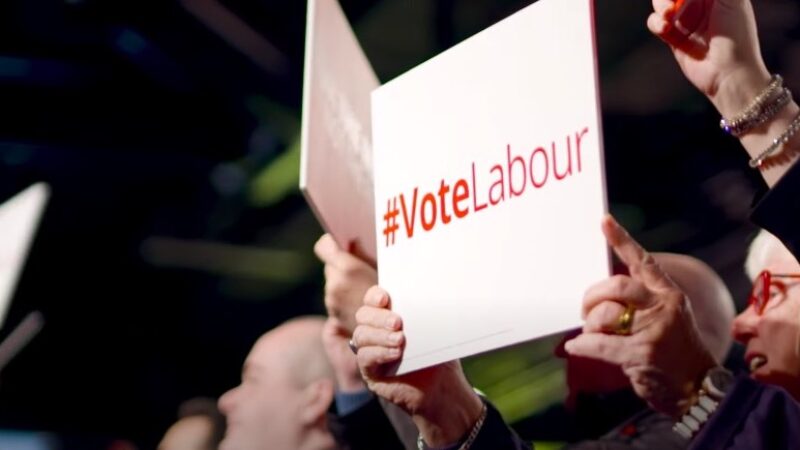
Keir Starmer personally took ownership of several proposals for internal party reform yesterday. The Labour leader confirmed to the shadow cabinet that he would like to see the party approve a return to the electoral college system for leadership elections, a new reselection process for MPs and reforms to the policy-making process, including a cut to the number of policy debates at conference. The current rules “focus us inwards” and also “weaken the link with our unions”, he argued. “These are two things that have got to change if we are serious about winning the next election.”
Luke Akehurst, a member of Labour’s ruling body and key figure in the pro-leadership groups Labour to Win and Labour First, has written a preview of conference for LabourList. Describing the gathering as “both showcase and battlefield”, he expresses hope that the leadership and unions will put forward “bold rule changes that show the public that Starmer is intent on never letting Labour slip back into the chaos and extremism of the Corbyn era”. Notably, he remarks that even if such votes are lost, the leadership will have shown “the will to fight”, which can also reap benefits.
It is the electoral college proposal that has attracted the most attention. Ben Bradshaw defended the move on Newsnight, but few have gone out to bat for the leadership. On the other side of the argument, there has been John McDonnell, Unite and the smaller left unions as you would expect, plus off-the-record briefings from nonplussed shadow cabinet members and several frontbenchers expressing their displeasure on social media (including Sam Tarry, an ally of Angela Rayner who has stayed quiet on the row, and Mike Amesbury, who nominated Starmer as leader).
This is partly because some don’t agree with the electoral college idea: many Starmer supporters are the same people who championed Ed Miliband’s 2014 reform that the current leader is seeking to reverse. It is also because they were led to believe that the focus of conference – other than passing the crucial Equality and Human Rights Commission changes – would be outward-facing. Just as the unions were not prepared for these rule change proposals, MPs – key beneficiaries of the plan – did not expect this last-minute move.
Perhaps a different message would have helped: Starmer could have advocated not just a return to the pre-Collins Review situation, but offered to give a bigger say to local government Labour representatives, or those in devolved nations. Something of this kind would have fit with his favoured theme of listening to the party where it is already in power. The political message at the moment is that unions would be empowered, but Nick Watt reported last night that GMB and UNISON don’t seem all that interested in the electoral college.
New GMB general secretary Gary Smith is unpredictable: although definitely not a fan of the Corbyn era, he has repeatedly criticised Starmer’s Labour in public and has cut funding to the party. UNISON’s Christina McAnea is an ally, but the union’s left is strong on its executive and Labour Link committees. With Unite firmly opposed, will TULO be willing to split on this issue at such short notice? We will find out today, as Starmer is meeting with the general secretaries to discuss his ideas. Crucially, he has told the shadow cabinet: “These rules won’t be presented on a take it or leave it basis.” The electoral college proposal may well disappear off the table, or look very different, after this key meeting. If so, the focus could then turn to the leadership’s preferred changes to reselections and policy-making.
Sign up to LabourList’s morning email for everything Labour, every weekday morning.



More from LabourList
‘Factionalism at the top is weakening Labour – and handing a gift to Reform’
‘Europe must stand strong on its own as US security guarantees grow conditional’
‘Tackling poverty should be the legacy of Keir Starmer’s government’